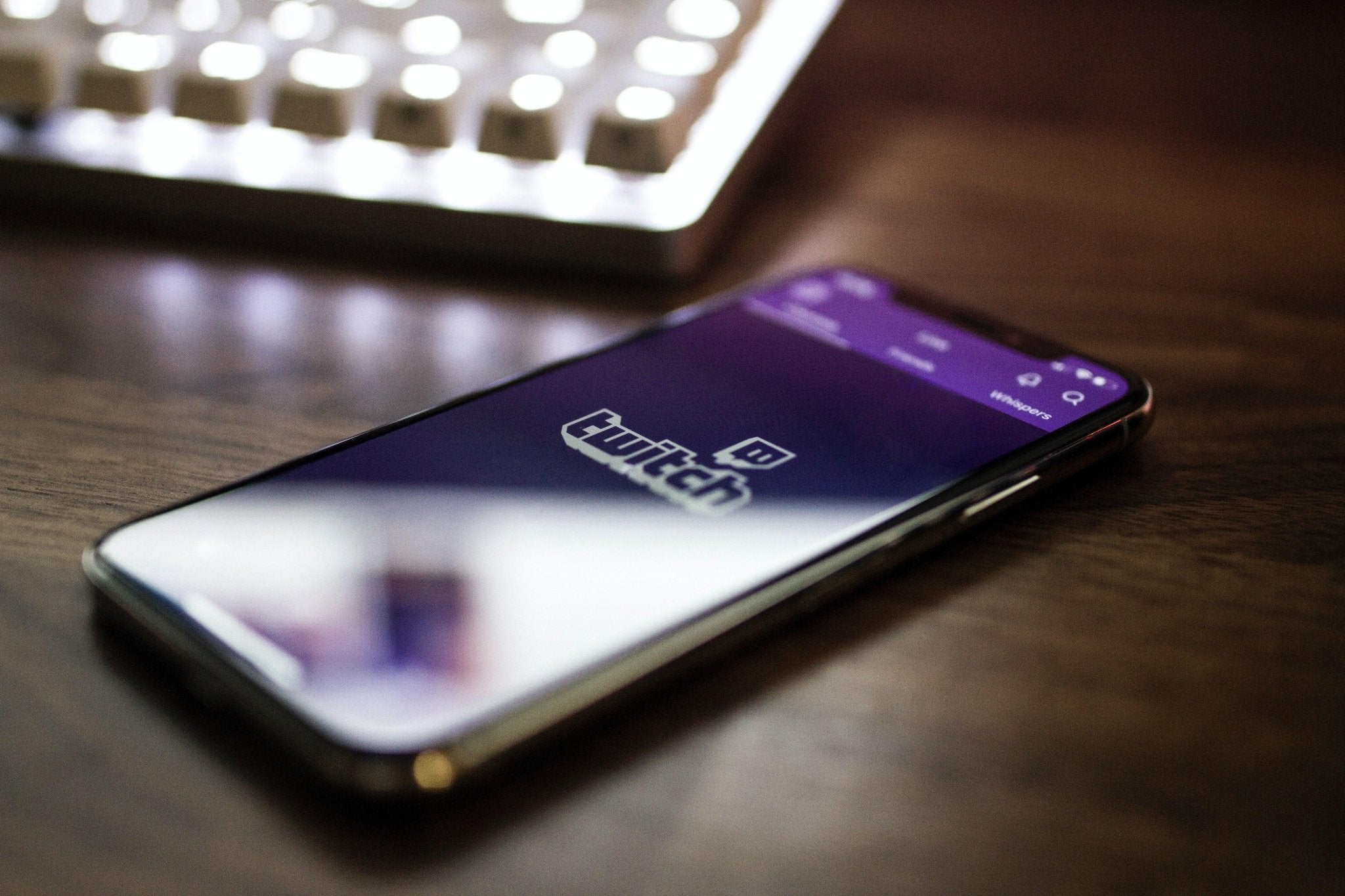You hear the phone ring. Your whole body shrivels with anxiety as you’re manically ransacking your whole apartment trying to find your phone. You pick it up, triggering your flight or fight response. It’s too late now, three rings have gone by and you have to answer, it would be unprofessional not to.
You answer and the battle begins. Your voice changes for a whole octave, your vocabulary expands, and you’re using words you didn’t even realize you knew.
If you identified with this story, then I’m sorry to tell you my friend, but you are suffering from what I like to call the “phone voice” syndrome.
Why do you want to sound so posh?
Don’t think you’re alone in this, this phenomenon has hit almost everyone. After doing some extensive research (read: googled for X number of hours), I found a study that said that 44% of people in the UK are self-conscious about their voice, while 27% feel a heightened sense of insecurity when they have to talk on the phone. Some people believe it’s not so much that we are insecure as we are trying to imitate the tone of voice that the other person is conveying. Apparently, by doing so, you create a more comfortable and welcoming environment for the person at the other end of the line.
The best thing is — we all do it subconsciously.
It started in the 80s…and I blame Bon Jovi.
We can’t for sure say when exactly someone developed a “phone voice” for the first time — maybe it was at the moment the phone was invented, but who can know for sure?
However, some people believe that the professional “phone voice” was created at the start of the telemarketing craze. In the early 80s, telemarketing was the s*it, and people working in that sector had a specific set of tools in order to make their voices more convincing. Not a lot changed, except that telemarketing switched to online marketing and advertising. The “phone voice”, however, is still getting strong.
Please wait, the meeting host will let you in soon.
In 2019/2020, our whole perception of working changed. Even though for a lot of people remote working was nothing unordinary, for the rest of the world it was a big culture shock. With a remote mode of work, we started relying more on zoom calls and digital meetings. The “phone voice” evolved and it started to envelop our bodies and body movement. While at a business meeting, you tend to sit up straight, dress professionally (at least from the waist up), and disguise your tone of voice to fit the call.
Your gestures become more exaggerated, and even your laugh changes in order to meet the standards you’re trying to portray. Long story short, not even a video camera can save you from using your “phone voice”.
Remote, in person, or over the phone…we all have it.
It’s true. Having a “phone voice” is, all in all, our normal reaction to being in a conversation with someone we’re either trying to impress or don’t have enough information on. This phenomenon, syndrome, or whatever you want to call it, is not an inherently bad thing. We’re not being fake or insincere, we’re just trying to put our best face forward. As an experiment, try to observe yourself when you next hear from a client and try to figure out what are some of your “phone voice” syndrome symptoms.





Leave a comment
This site is protected by hCaptcha and the hCaptcha Privacy Policy and Terms of Service apply.